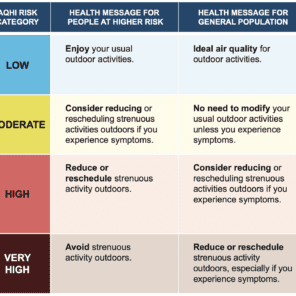Client: Health Canada
Listing of the client in no way affirms the client's support, sponsorship, or validation in any form of Risk Sciences International or the RSI staff member(s) who conducted this project during their stay with RSI or prior to joining the company. This case study is displayed for informative purposes only to demonstrate the capacity of RSI staff members. This case study reveals no proprietary information or information deemed sensitive.
Environmental Public Health Approach (EPHA) to Chemicals Expert Workshop
To advance the Government of Canada’s Chemicals Management Plan (CMP), a virtual expert workshop was planned and hosted to refine and evaluate a Canadian framework for the Environmental Public Health Approach (EPHA) to chemicals. The initiative focused on developing case study models that could serve as a foundation for more comprehensive assessments linking chemical exposures to specific health outcomes.
The client sought support in designing and implementing a structured, expert-driven process to evaluate the proposed EPHA framework and associated case study models. This required end-to-end management of the workshop—from initial strategic planning and agenda development to post-event reporting and publication preparation. The workshop convened 20 to 50 national and international experts from government, academia, and health sciences to assess and provide feedback on EPHA's structure and application.
Workshop objectives included testing the Canadian EPHA Case Study Framework and the scientific validity of proposed case study models. Participants were asked to provide expert insight on how chemical and non-chemical stressors could be integrated within a Canadian health determinants framework, and to identify methodological gaps, data sources, and future directions for research. Particular emphasis was placed on refining the scientific criteria and scope of each case study model and soliciting expert advice on how best to pursue a “proof of concept” EPHA case study in Canada.
Deliverables included a comprehensive workshop plan, a draft and final journal article synthesizing the workshop outcomes, and a detailed report on the revised EPHA framework and case study models. The work also laid the foundation for future Canadian research initiatives under the CMP.
Experts related to this case study
More RSI Case Studies
RSI presents a very small selection of case studies to highlight some of its key work.























